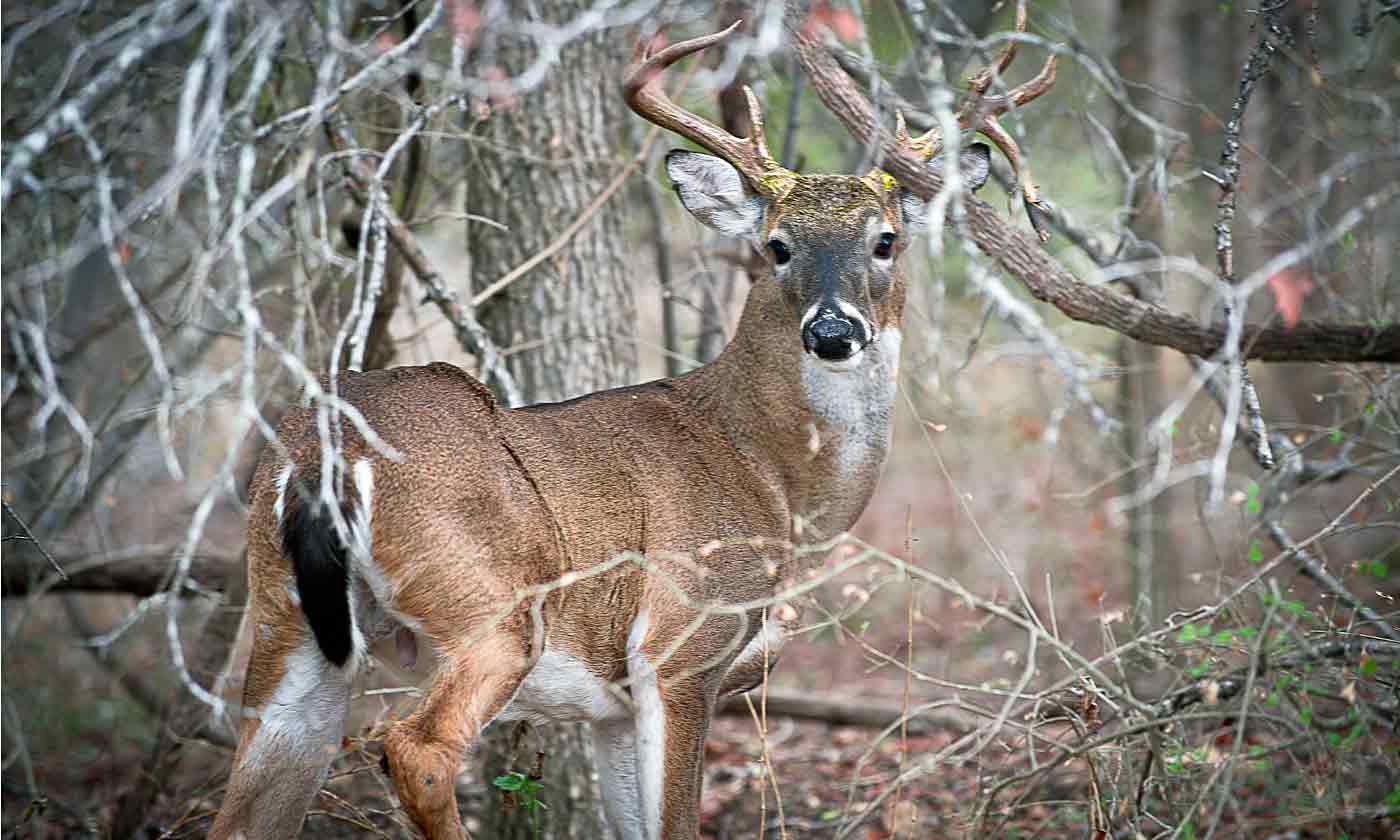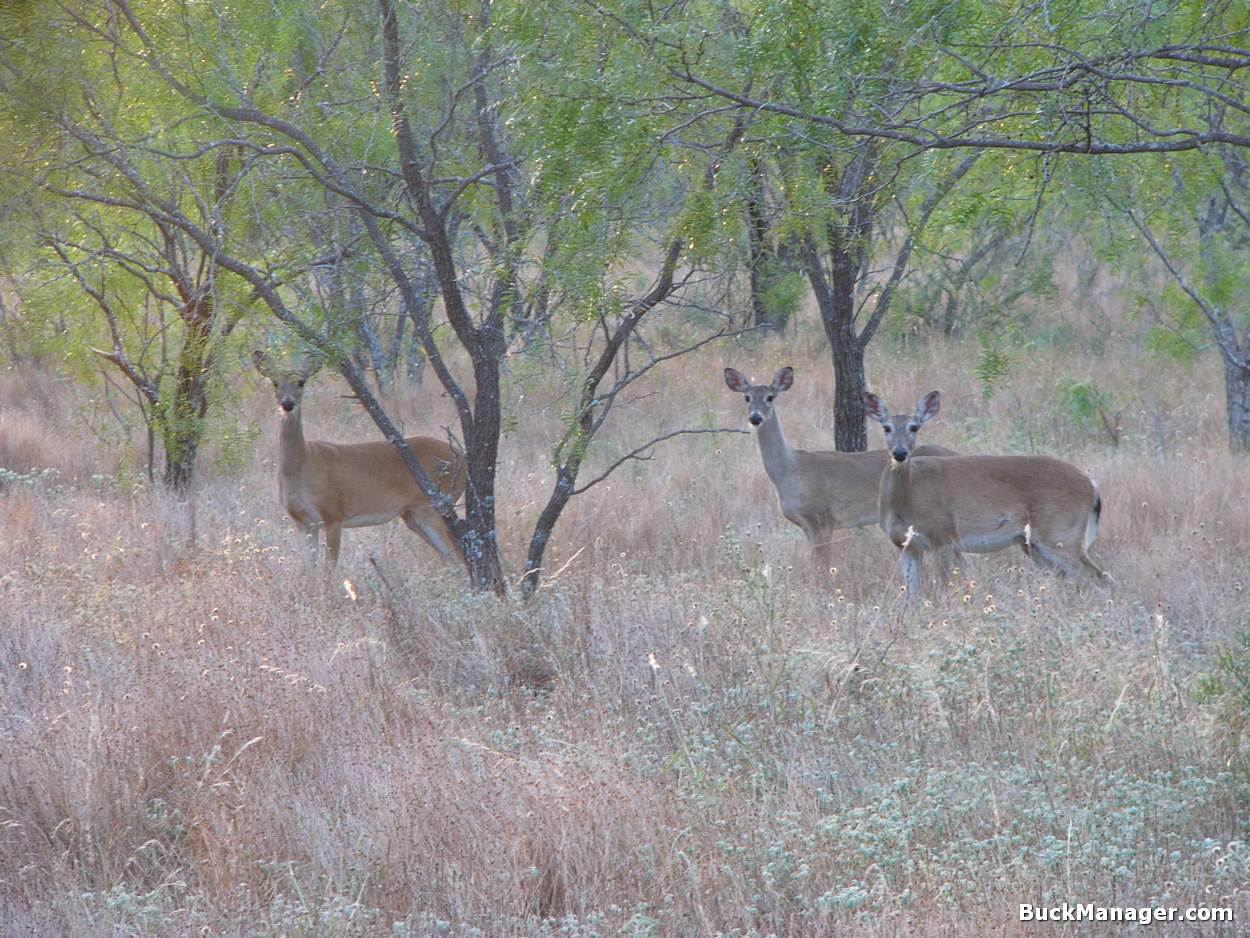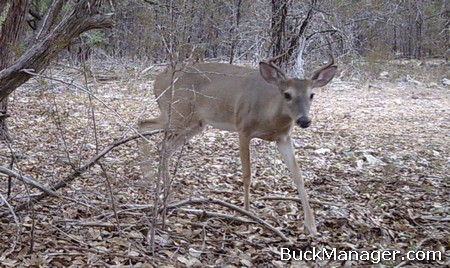MLDP in Texas
Private property comprises well over 95-percent of Texas, so most white-tailed deer management and hunting takes place on private lands within the state. Years ago, Texas Parks and Wildlife Department (TPWD) initiated a deer management program called the “Managed Lands Deer Permit (MLDP) Program.”
The program is intended to improve habitat for native wildlife by assisting landowners interested in enhancing, managing the whitetail herd found on their properties.
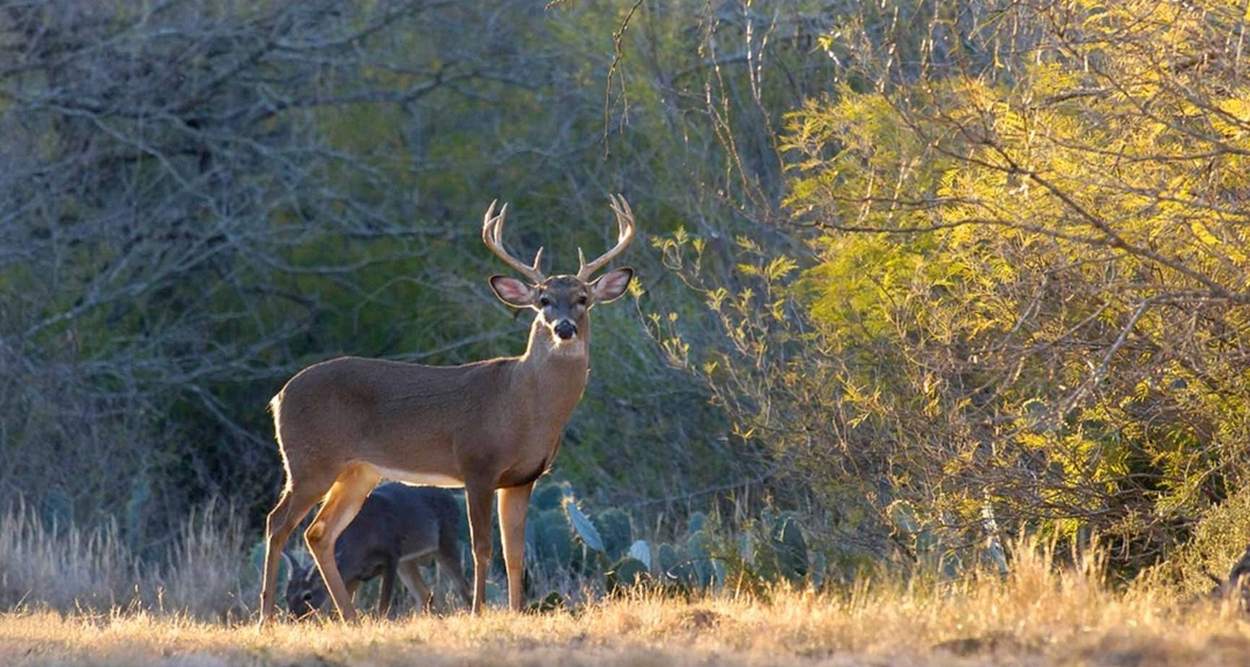
Better Habitat Through Deer Management
The concept of the deer-based program was put habitat management on the ground where wildlife are found and reward landowners willing to participate by providing property-specific harvest recommendations, longer hunting seasons and harvest permits.
Since the program’s inception in 1999, the number of cooperating landowners and the amount of land enrolled has grown like wildfire, which includes 9,500 landowners and 24 million acres. Now, the MLDP program may be a victim of its own success.
Alan Cain, white-tailed deer program leader for TPWD said, “We need to find ways to simplify the program, make it more efficient, meet the diverse needs of landowners, and still accomplish the program’s goals, which include building and maintaining relationships with private landowners and engaging them on conservation and habitat management.”
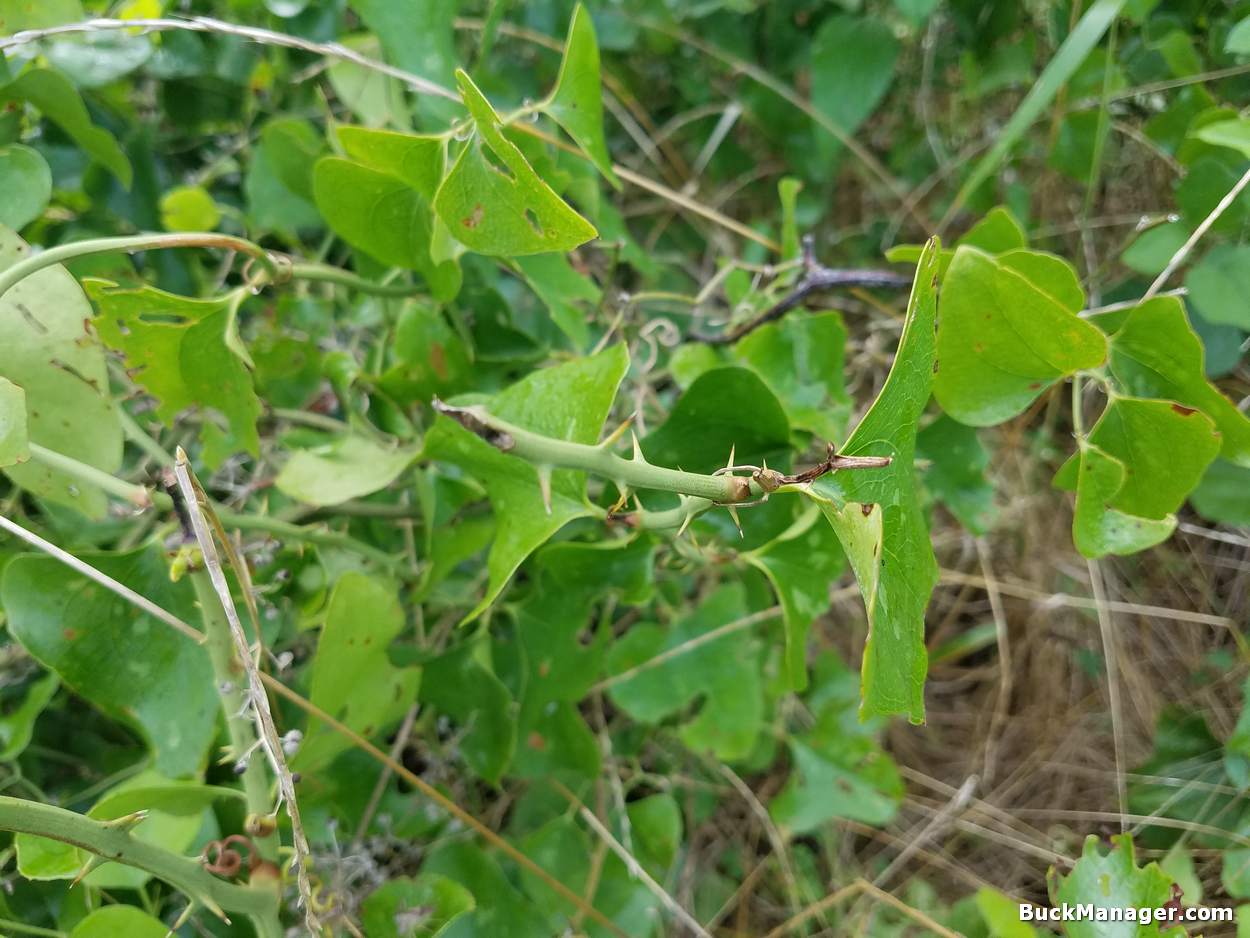
Texas Deer Tag Programs Rolled Up
Source: “TPWD is considering proposing to combine the MLDP and LAMPS programs and offer two managed-lands options: a conservation option and harvest option.
The conservation option would mirror the current MLDP program, with landowners agreeing to several requirements, including collecting and providing annual deer population and harvest data to TPWD, as well as engaging in a minimum number of habitat improvement practices. TPWD would provide a harvest recommendation for that specific property.
Under the harvest option, requirements would be considerably reduced or eliminated, harvest quotas would be determined based largely on the deer population/density in the general region, and antler restrictions would apply if the property is in one of the 150 or so Texas counties in which those restrictions apply. The extended (Oct.-Feb.) hunting season would also apply.
Creating the two options would allow TPWD staff to concentrate their technical guidance efforts with landowners who want to make the most of state biologists’ expertise and get site-specific recommendations through the conservation option while spending less time on properties under the harvest option but still maintaining contact and interaction with those landowners.
Agency staff plans to offer recommendations for proposed changes in the programs at January’s Texas Parks and Wildlife Commission meeting. Any that are adopted won’t take effect until the 2016-17 hunting seasons.”
